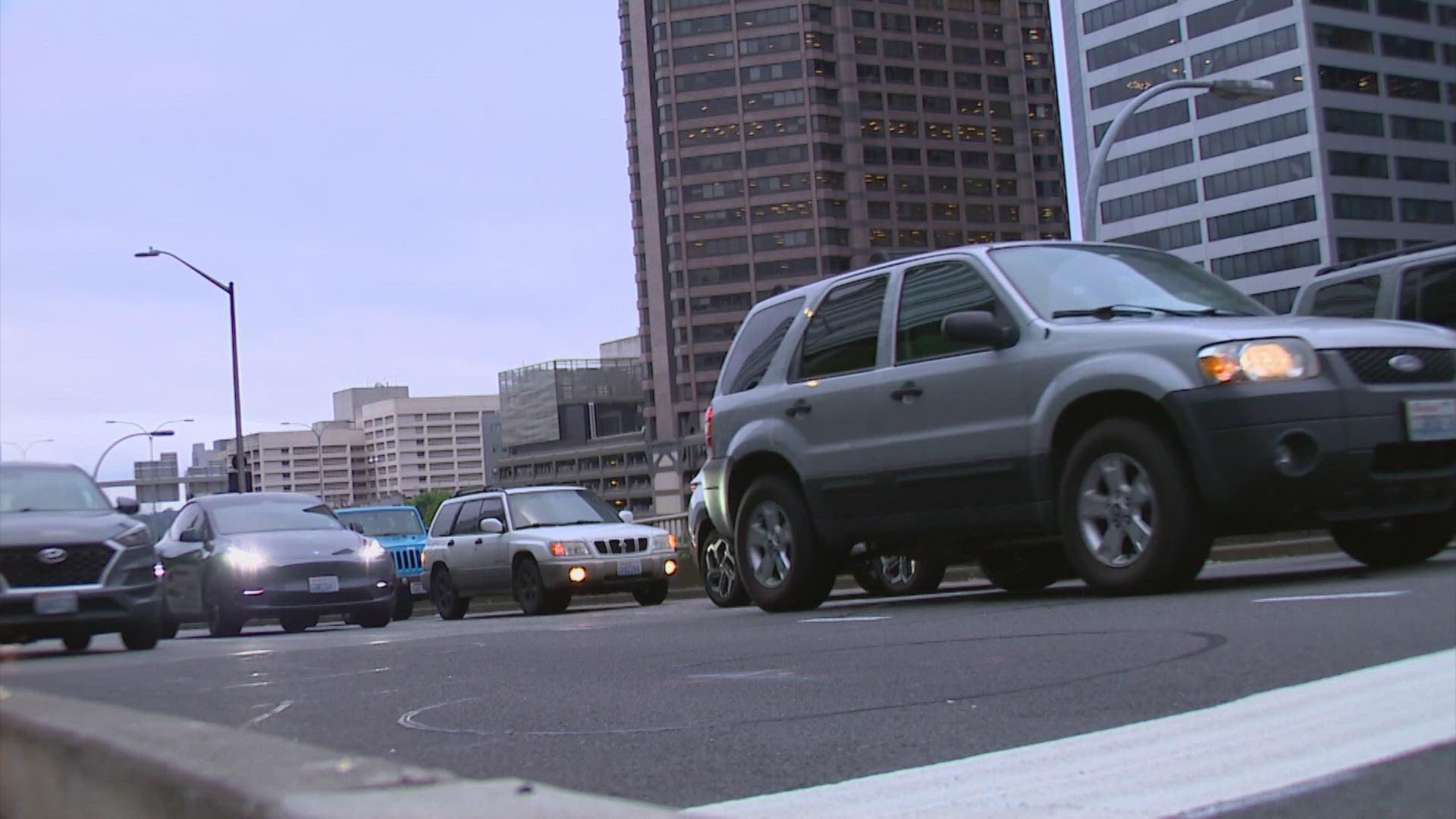SEATTLE — Starting June 1, insurance companies in Washington will have to explain to policyholders why their insurance premiums have gone up.
The new transparency rule, established by the Office of the Insurance Commissioner, applies to auto and homeowner's insurance policies and goes into effect in two phases.
Phase 1 starts June 1, 2024, and it requires insurers to include a disclaimer on the first page or view of renewal notices or billing statements that lets the policyholder know they can request more details about their premium increase.
Phase 2, which starts June 1, 2027, insurance companies must send a notice at least 20 days before renewing a policy with a 10% or more increase.
The rule is the first of its kind in the country.
"Before this rule, your insurance company had no legal obligation to actually tell you or explain to you why your rates may have changed," said Aaron VanTuyl, communications manager with the Office of the Insurance Commissioner. "We believe if your rates have changed, you have a right to know why."
Auto insurance rates have skyrocketed in Washington and across the country. New data from the Washington Office of the State Insurance Commissioner shows a nearly 25% increase in premiums in 2023. Since 2018, rates increased from 0% to 3%.
"The two big factors are cars got a lot more expensive over the last few years and there was a big rise in accidents and those pushed the cost of claims up," explained VanTuyl.
If you're looking to save money, Puget Sound Consumers' Checkbook recommends shopping around for rates. It compared prices for seven policyholders and found huge price differences for the very same policy.
"In most cases, we found drivers could save $500 a year simply by shopping around for a lower price and some families could save $1500 a year every year simply by going with a different insurance company," said executive editor Kevin Brasler.
Consumers' Checkbook says a big mistake drivers make is sticking with the same insurance company year after year, thinking their good driving record is getting them the lowest rate.
Brasler said if you find a lower rate, there's no need to wait until your policy is renewed to switch companies.
"If you find a lower price and you want to switch your insurance to a different insurance company, once you've done so, contact your old insurance company, cancel and by law, they have to give you the unused premiums that you've paid in," said Brasler.

